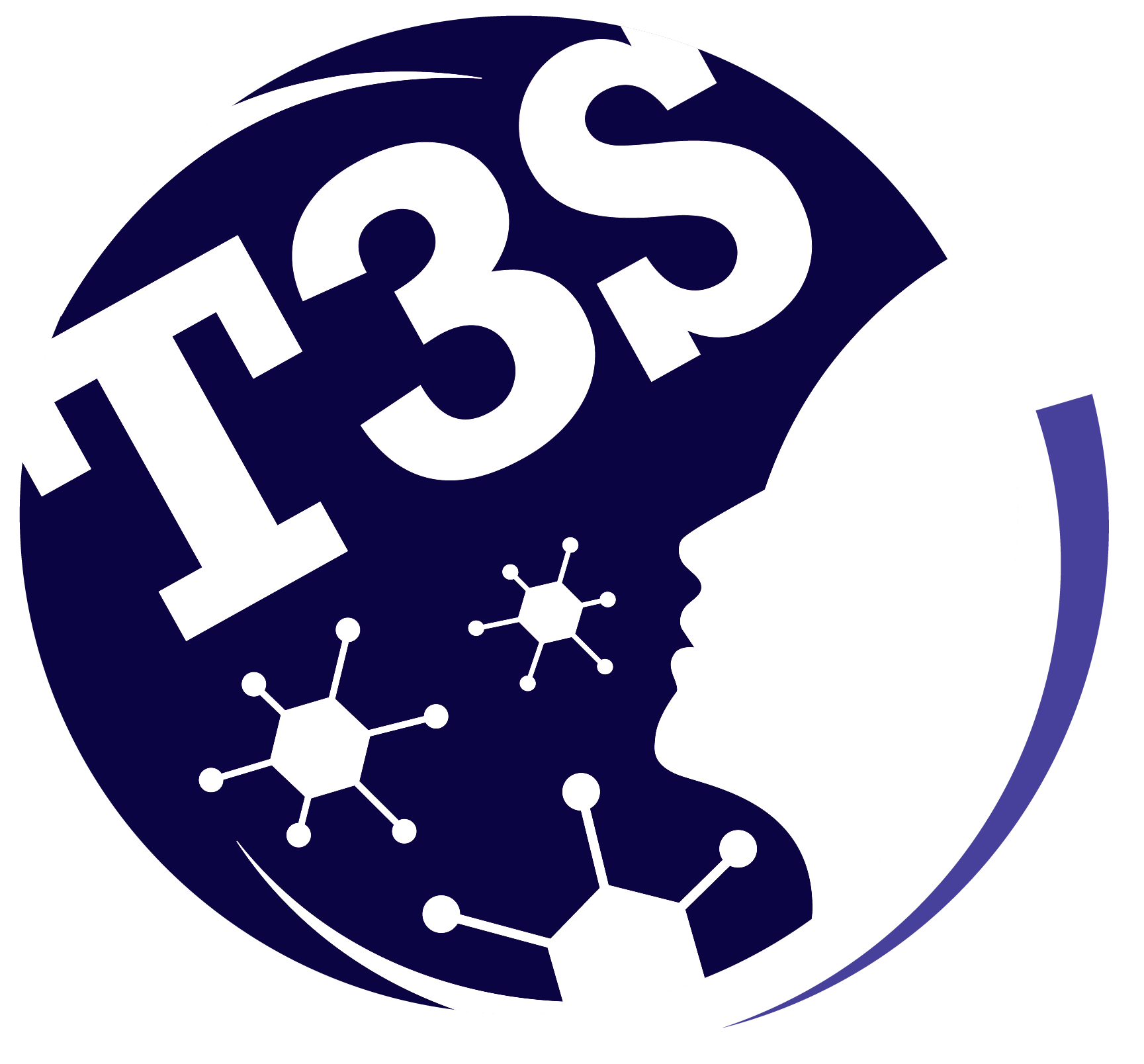Eric Letouzé (Centre de Recherche des Cordeliers)
Genomic alterations driving tumorigenesis result from endogenous cellular processes and environmental exposures. Each mutational process leaves a characteristic imprint – a mutational signature – on the genome in the form of preferential types of mutation occurring in specific sequence contexts. We have developed innovative computational tools to explore mutational signatures and reconstruct the clonal architecture of tumors using whole genome sequencing data. Applying these tools to >300 liver cancer genomes, we identified 10 distinct mutational signatures operative in liver cancers. These include ubiquitous signatures accumulating with age in every liver cell but modulated by risk factors (alcohol, tobacco), signatures of specific liver mutagens (aflatoxin B1, aristolochic acid) and unexplained signatures. The activity of mutational signatures evolves during tumorigenesis and is strongly modulated by DNA replication and transcription, but with opposite effects depending on the underlying process. By estimating the probability of each mutation being due to each process, we found that some driver events are preferentially induced by specific mutational processes, and are therefore more likely to occur in patients exposed to certain risk factors. Extending the mutational signature analysis framework to structural variants (SVs) revealed 6 SV signatures operative at low levels in most tumors but highly active in rare HCC subsets displaying striking duplicator or deletor phenotypes. In particular, a new signature of small tandem duplications and template insertion cycles, related to replication stress, allowed us to define a new subgroup of aggressive HCC driven by CCNA2 or CCNE1 activation. These findings shed new light on the diversity of processes generating somatic alterations, their interactions with risk factors, cellular processes and driver genes, and their evolution along tumorigenesis.
Lundi 1er juillet à 11h30, amphithéâtre Hélène Martel-Massignac, Centre de Recherche de Paris


